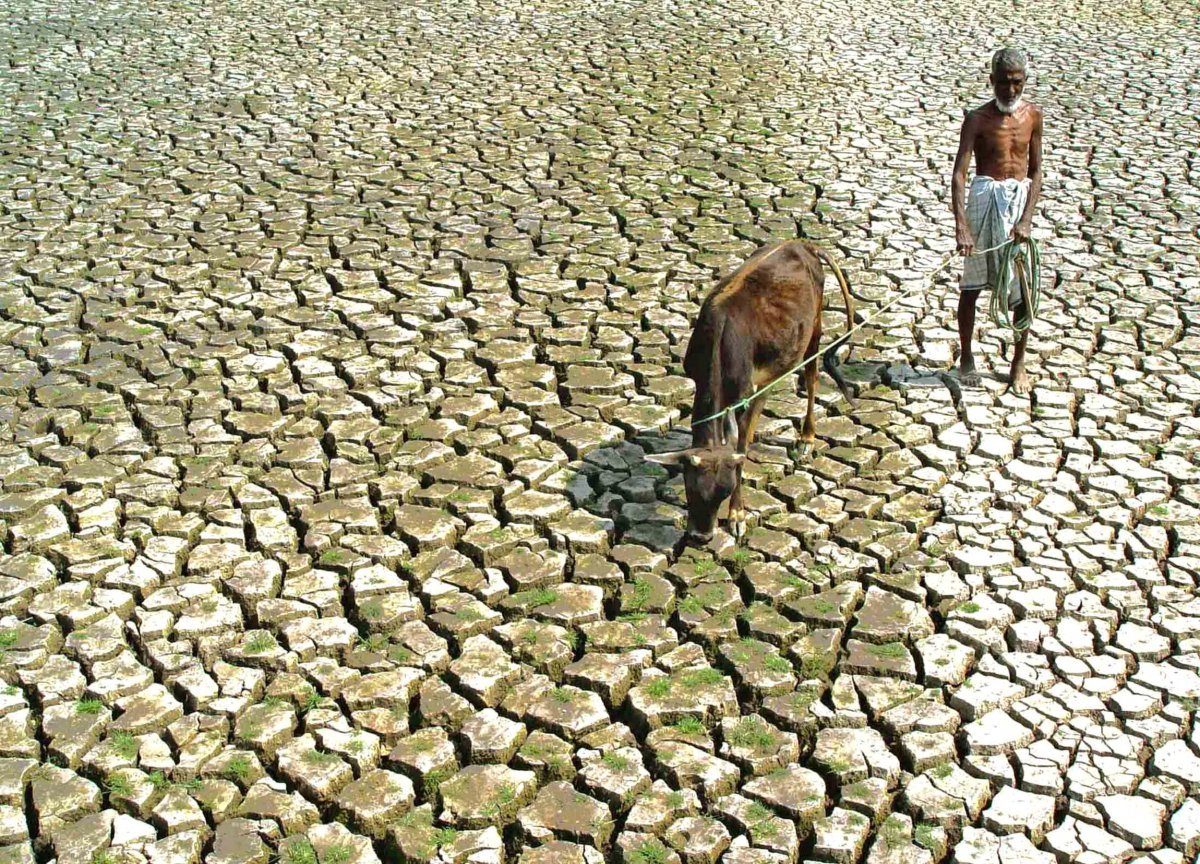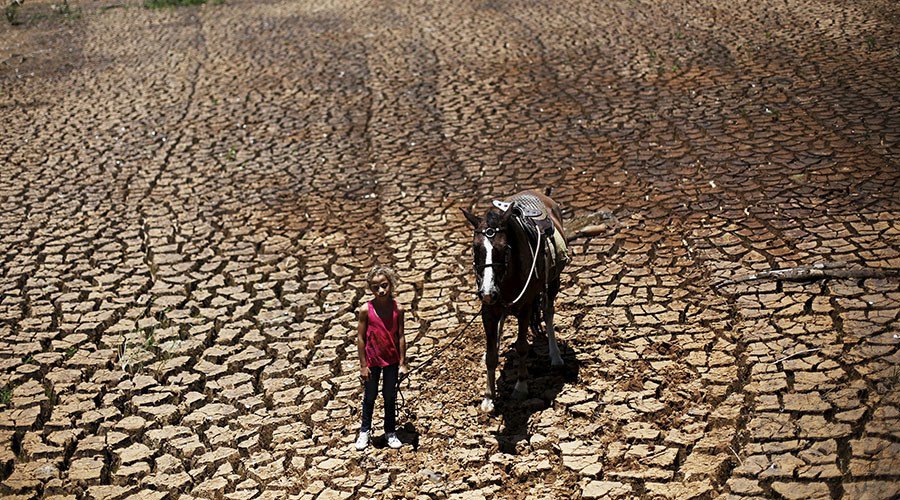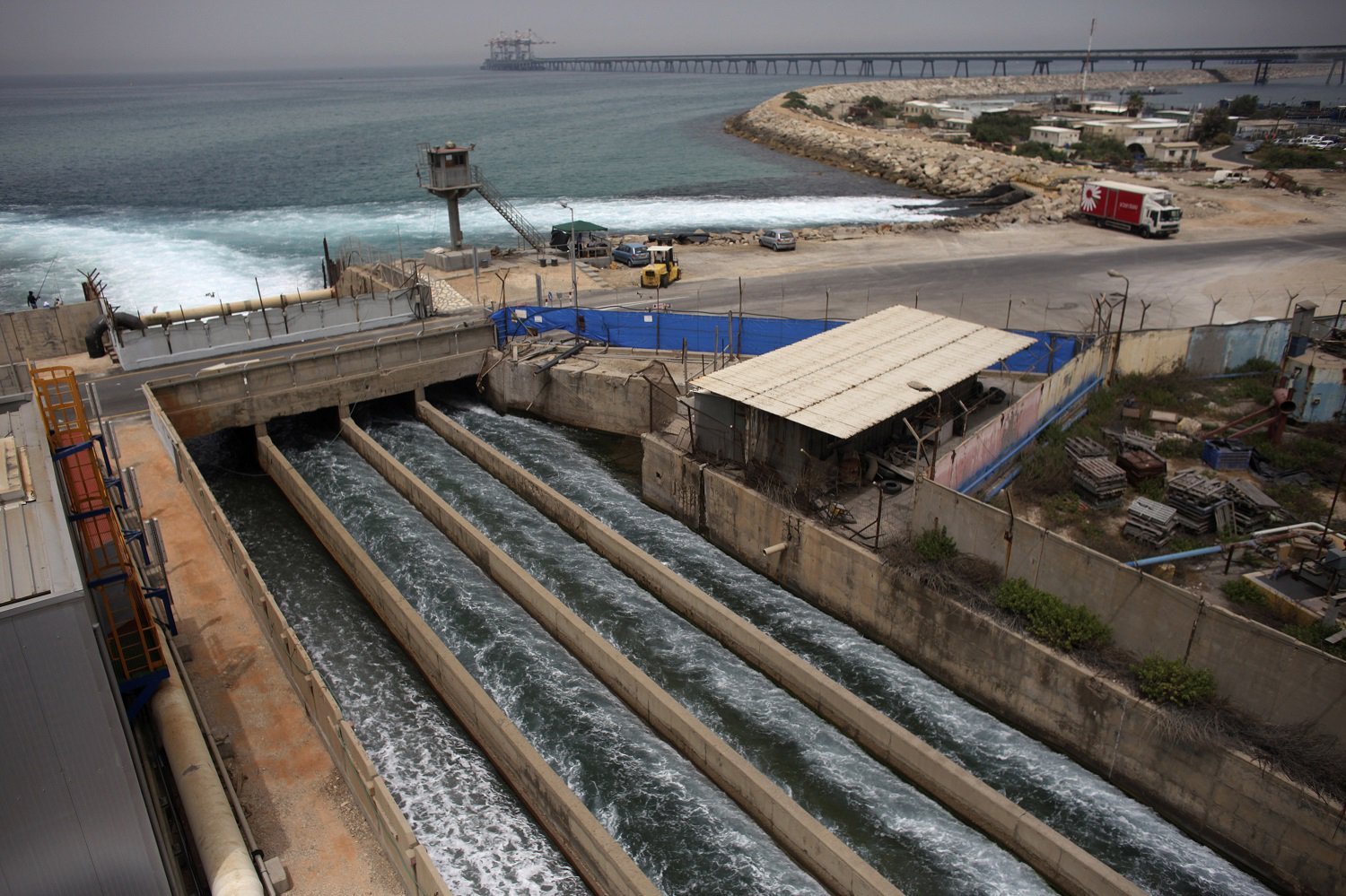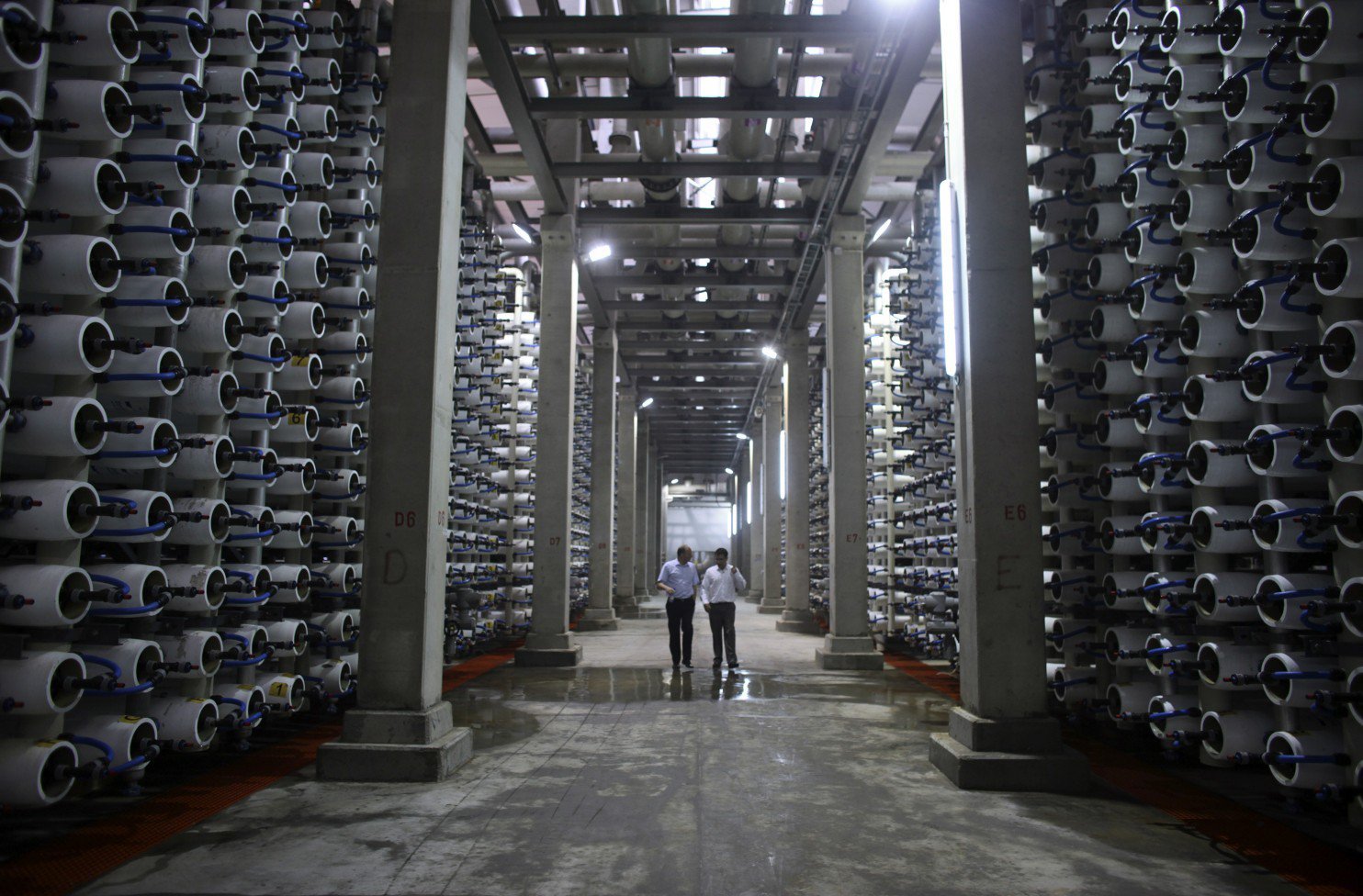As many as 207 districts across nine states in India have been declared drought-hit. And mind you, the summer has only begun and it’s only going to get worse.
The huge rainfall deficit coupled with deadly summers have parched our farmlands and providing financial compensation to farmers for crop damage can only help them so much.
We need mechanisms and viable alternatives in place in case mother nature fails us and this is where Israel comes in. If there’s one country that’s mastered the art of using technology to win the war against drought, it’s Israel.

For those unaware, about 60% of Israel is a desert and yet it produces high quality farm products and has in a way solved their water woes.
But this was not the case till few years ago, when the country faced a drought so bad, that during its peak in 2009, there was a possibility of zero water in the taps.
“We were in a situation where we were very, very close to someone opening a tap somewhere in the country and no water would come out,” said Uri Schor, the spokesman and public education director of the government’s Water Authority, speaking to NY Times.

So how did the Israelis overcome their drought crisis?
Well, they used the below four-point programme involving technological and behavioural changes.
1. Recycle sewage water
‘Eww! I can’t drink water recycled from piss and poop.’ is how people commonly revolt to this idea. Israelis have managed to overcome this mental block and the country is now the world’s number one in recycling sewage water with 85% recycling rate. Spain occupies a distant second position with a 12% recycling rate.

2. Desalination of seawater
Seawater is available in abundance. About 97.2 per cent of earth’s water come from the sea, but cannot be used for drinking as it contains a lot of salt and hence it’s not potable. Desalination removes the salts and produces fresh water which can be used for drinking and agriculture purposes.
Israel proudly boasts of having the world’s largest reverse osmosis desalination plant which supplies over 100 million cubic meters of desalinated water a year, or about 20 percent of the yearly household consumption in the country, reports Reuters.

It costs only $0.52 per cubic meter of water, which is the most cost-efficient of its kind in the world.
Though the treatment plant is cost heavy and there are concerns over greenhouse gas emissions, new technology is ensuring that it’s more economically viable and eco-friendly.
With a 7,600 km coastline, India has the natural advantage of milking this option.
3. Fix the pipe leaks
What may seem like a minuscule problem can, in fact, cause grave harm.
Most pipes in India are decades, if not a century old. A 2010 report by the Hindu said that as much as 40 percent of the water in Delhi is lost due to leaking pipes while a NDTV report claimed that 22% of water in Mumbai is wasted because of water leaking out of pipes.
No wonder fixing leaky pipes was on top of Israel’s agenda. Leaks in the country have now fallen below 10% there.
4.) Cut back on usage
Israel put in strict laws in place to curb rampant use and abuse of water.
According to NY Times report,
- A hefty tax was imposed on excessive household water consumption.
- Families with leaky pipes, lawns or swimming pools were penalised.
- Israelis were told to cut their shower time by two minutes.
- Water Authority representatives went house to house offering to fit free devices on shower heads and taps that inject air into the water stream, saving about a third of the water used while still giving the impression of a strong flow.
- Farmers were advised against cultivating crops that consumes too much water.
Besides the above, the Israeli government also started nation-wide campaigns to educate and explain to its citizens, the dire situation at hand and ways to reduce household water use, reports LiveMint.
And in just a year, water demand reportedly fell by 18%.
Having said all this, one cannot simply lift the ideas from Israel as is and apply it directly to India, especially taking into account the complexity of the country. Let’s put things into perspective here – Israel population is not even 1% of India’s.
But it certainly can be used as a means of reference, as the problems surrounding availability of potable water is universal.
However, the million dollar question is – more than the funds, does India have the political will to take these stringent but necessary measures?
(Feature image source: PTI)

















